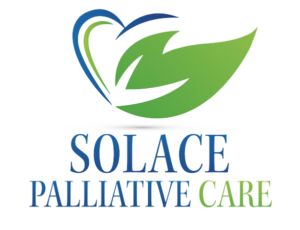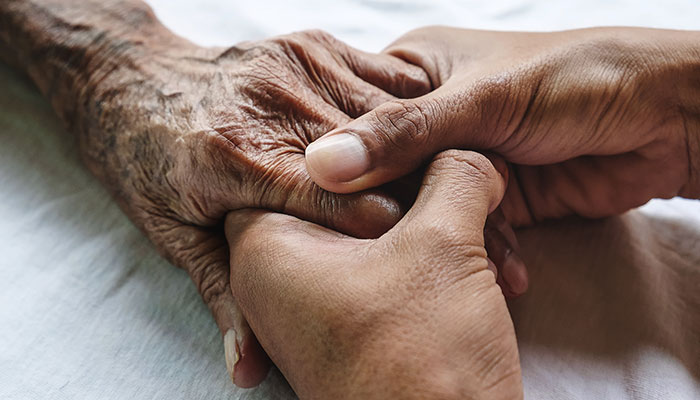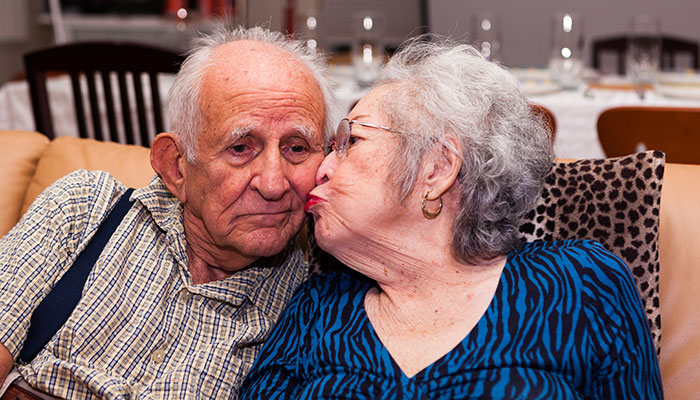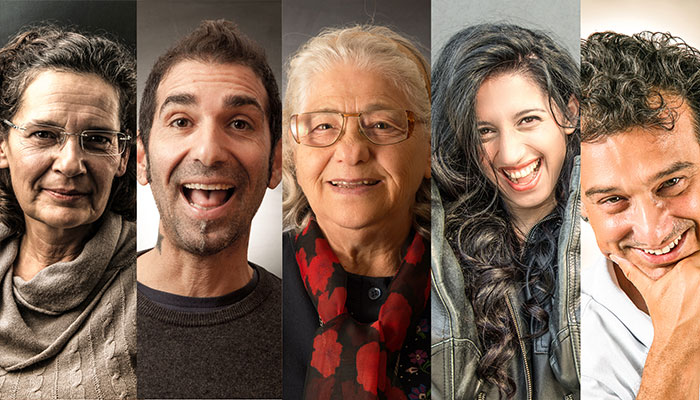
Is Dad asking if he should sell the house now that Mom is gone? Or perhaps Aunt Mary is anxious about her stock investments. Even if you are good at managing your own money, helping a relative make financial decisions can bring a lot of pressure. Consider hiring a professional to advise you.










